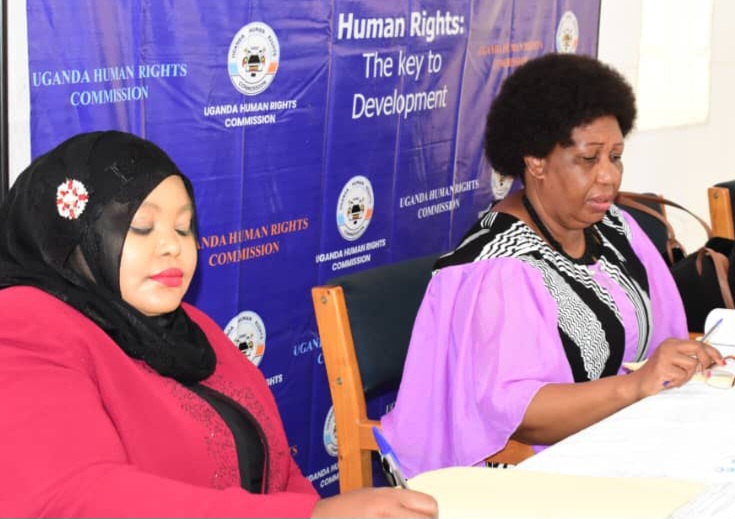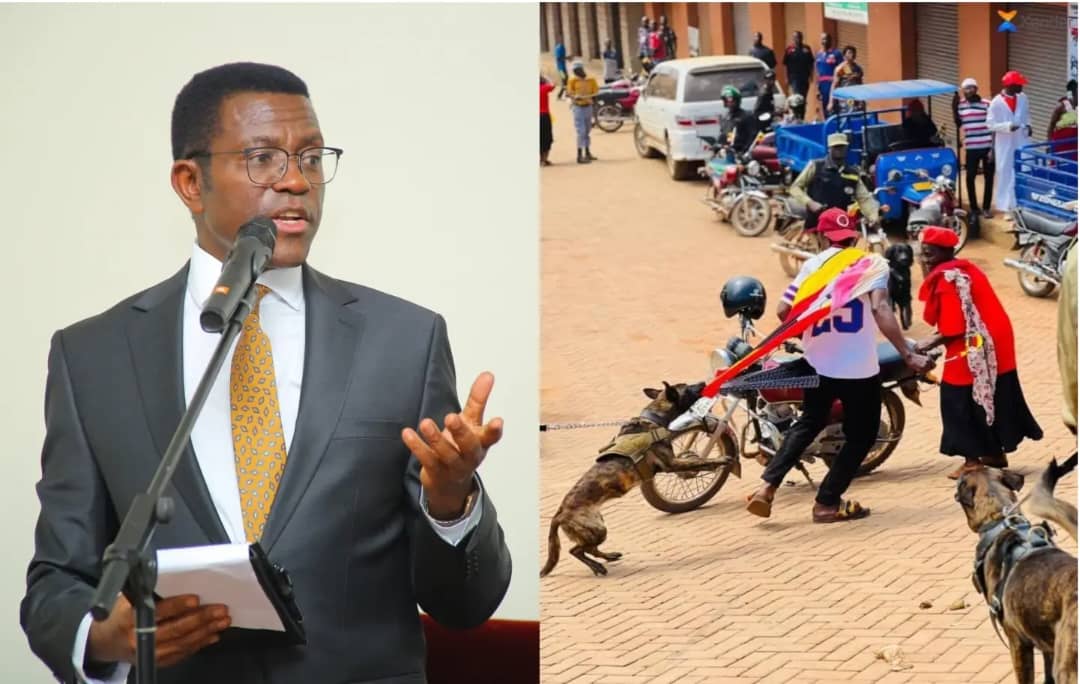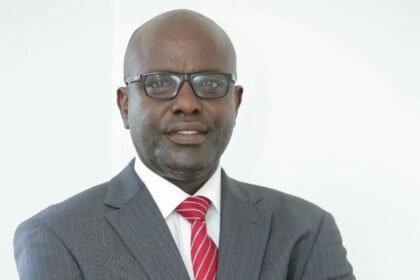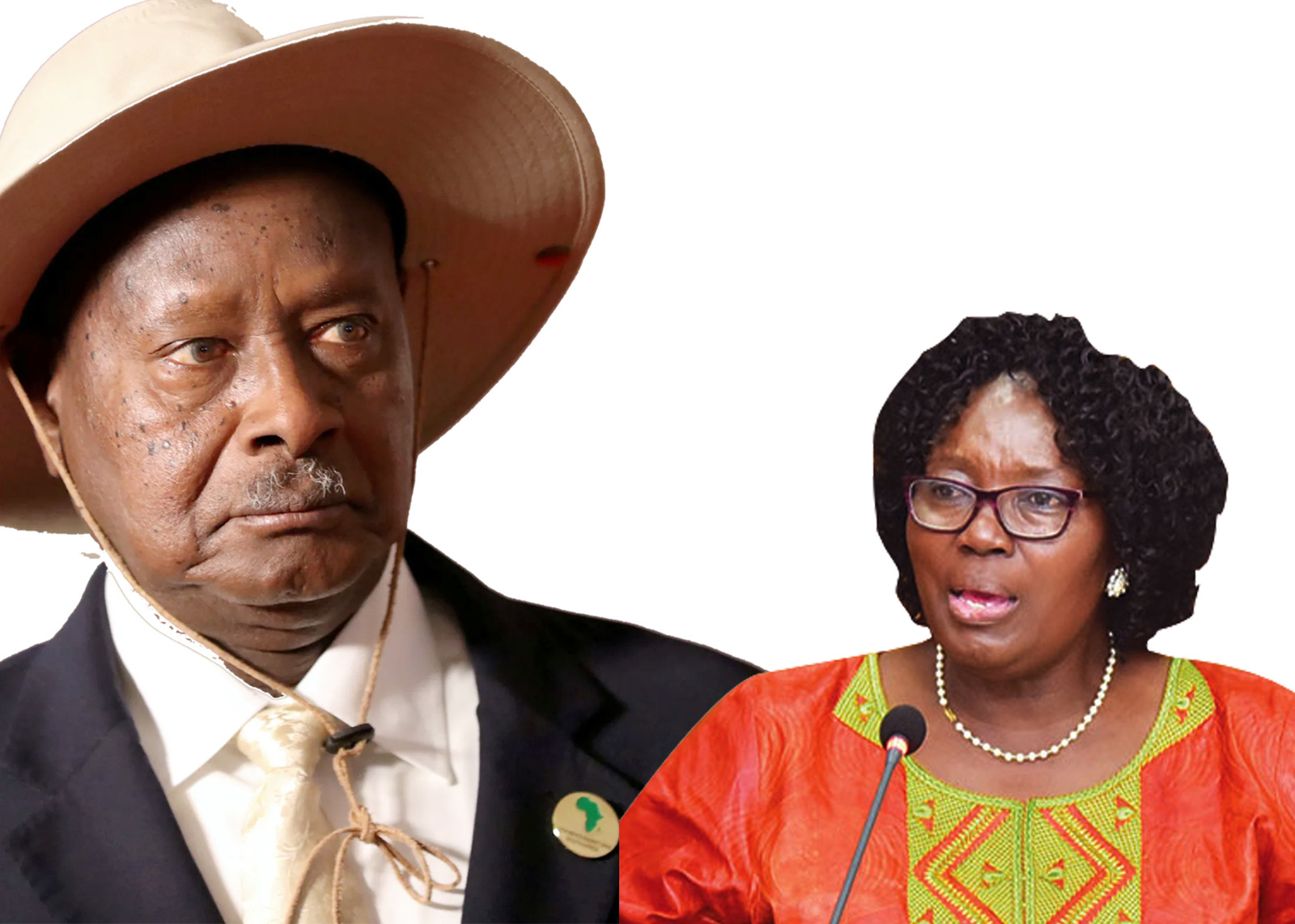In what insiders are calling a quiet but decisive pushback on abuse of power, the Uganda Human Rights Commission (UHRC) this week used its Mbarara tribunal to send a sharp warning to security agencies, that the age of unchecked brutality is tightening its grip.
Over three days of hearings, the Commission ordered government to pay a combined Shs160 million to families whose loved ones died at the hands of security personnel, decisions that have reignited debate on the professionalism, discipline, and supervision within the country’s law enforcement units.
At the centre of the tribunal’s findings is the now-infamous Sgt. Bagambirye, whose actions in 2015 left a young boda boda rider, Sserestino Tumwijukye, dead on the roadside in Mitooma. Testimony before the tribunal showed that Tumwijukye had merely completed his route and was standing with colleagues when the officer opened fire, shooting him three times.
UHRC Chairperson Hon. Mariam Wangadya described the incident as unprovoked violence, noting that even police leadership at the time opened a murder case against the officer, a rare moment of internal acknowledgment that has now strengthened the Tribunal’s compensation order.
But the tribunal’s decisions did not stop at bullet-related cases. Another ruling revisited the puzzling 2013 death of Benard Muhoozi, a cattle trader who died inside a Sheema police cell. His widow testified that police personally transported the body to their home, a gesture UHRC interpreted as an admission of responsibility.
Commissioner Shifrah Lukwago, who delivered the ruling, ruled that State negligence played a direct role in the trader’s death.
With the two awards, each Shs80 million, UHRC has effectively held the State liable for failures to protect civilians both inside and outside police custody.
Yet the bigger story is the trend it signals. UHRC’s Mbarara sittings are handling 19 cases in one week, a workload that human rights observers say points to a deep pile-up of unresolved grievances across western Uganda.
Commissioners Simeo Nsubuga and Jacklet Atuhaire Rwabukurukuru joined the Chairperson in what staff describe as a “justice sprint,” a deliberate push to clear long-dormant files involving security misconduct.
Two cases were dismissed for lack of evidence, a move the Commission says reinforces its commitment to fairness, not activism. But the message to security officers remains unmistakable, that impunity is no longer guaranteed.
Do you have a story in your community or an opinion to share with us: Email us at Submit an Article









